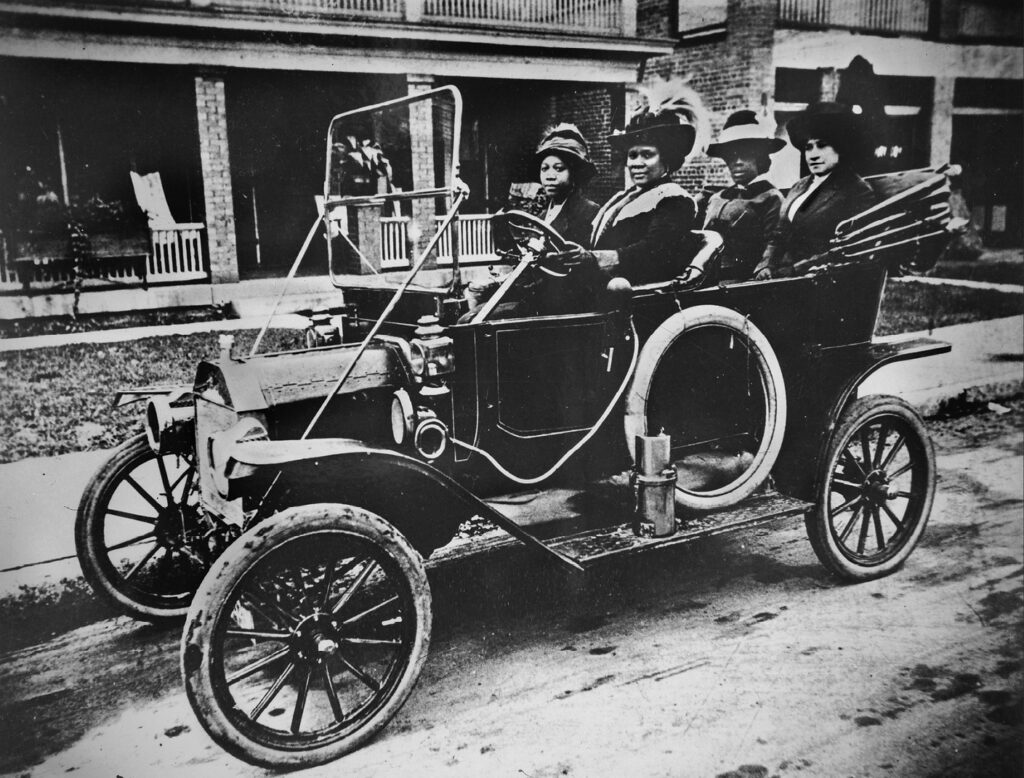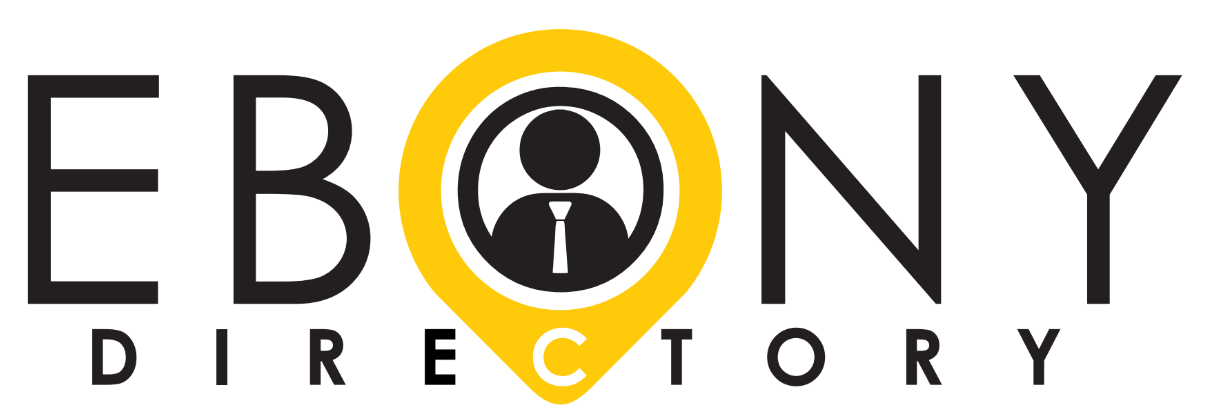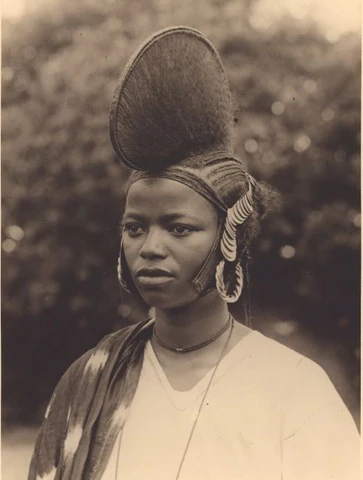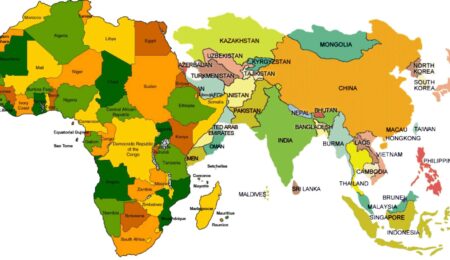The Importance of Black Hairdressers: A Brief Journey Through History
Introduction
Hair has always played a significant role in human history and culture. It is a canvas for self-expression, identity, and a symbol of personal style. Among various hair textures and types, Black hair is unique and diverse. To understand the significance of Black hairdressers today, it’s essential to delve into the rich history of Black hair, and consider many factors.
Black Hair: A Diverse Tapestry
Black hair is incredibly diverse, with a wide range of textures, lengths, and styles. The diversity of Black hair is a reflection of the African diaspora, encompassing various ethnic backgrounds and cultural traditions. It includes tightly coiled Afros, luxurious braids, intricate cornrows, and an array of protective styles that have been passed down through generations.
The historical importance of Black hair is deeply rooted in African culture. In many African societies, hair was more than just a fashion statement; it held spiritual, social, and cultural significance. For instance, certain hairstyles symbolized age, marital status, or tribal affiliation. Haircare rituals, such as using natural oils and herbs, were passed down through generations, promoting healthy hair and scalp.
Slavery and Black Hair
The history of Black hair cannot be discussed without acknowledging the traumatic impact of slavery. Slavery disrupted the rich traditions and customs associated with Black haircare in Africa, as it did many other aspects of African culture. Enslaved people were often stripped of their cultural identities, including their hairstyles.
During the era of slavery, enslaved Africans faced significant challenges in maintaining their hair as they had in their homeland. The harsh conditions of forced labor, limited access to resources, and the oppressive control of slaveholders made it difficult to practice traditional haircare methods. Consequently, many enslaved individuals resorted to practical, low-maintenance styles, such as headwraps or shaved heads, to cope with their circumstances.
Yet, even in the face of adversity, the resilience of Black culture prevailed. Enslaved people found ways to express their identity through their hair. They created intricate cornrows and braids that served as maps, allowing them to communicate through a complex system of patterns, a form of resistance and survival.
Post-Emancipation Era: The Rise of Black Haircare
The end of slavery brought about a period of profound change in the Black community, including a resurgence of interest in traditional African hairstyles. Black men and women began to embrace their natural hair textures, celebrating their heritage and rejecting Eurocentric beauty standards that had been imposed upon them.

In the early 20th century, Madam C.J. Walker, a Black entrepreneur, revolutionized the Black haircare industry by developing a line of haircare products specifically designed for Black hair. Her success not only marked the beginning of a thriving Black haircare industry but also empowered Black women to pursue economic independence and entrepreneurship.
The Civil Rights Movement of the 1950s and 1960s also played a pivotal role in the reclamation of Black identity through hair. The Afro became a symbol of pride, rebellion, and cultural awareness. It signified the rejection of Eurocentric beauty ideals and the embracing of natural Black hair.
Black Hairdressers: Guardians of Tradition and Innovation
Black hairdressers have always held a unique position in the Black community. They are not just stylists; they are keepers of tradition and culture. Black hair salons serve as spaces of community, education, and empowerment.
One of the key roles of Black hairdressers is to help clients reconnect with their cultural roots. They provide services such as braiding, loc maintenance, and natural haircare that celebrate the beauty of Black hair. Moreover, they educate clients about the importance of proper haircare and the historical significance of different hairstyles.
Black hairdressers also play a crucial role in innovation. They adapt traditional styles to contemporary preferences and experiment with new techniques and products. They are at the forefront of creating unique and trendsetting looks that inspire individuals of all backgrounds.
The Empowerment of Black Hairdressers
The rise of Black hairdressers and beauty professionals has not only revitalized the Black haircare industry but has also contributed to economic empowerment within the Black community. Black-owned salons and beauty supply stores provide jobs and entrepreneurial opportunities for Black individuals, helping to close the racial wealth gap.
Furthermore, Black hairdressers often serve as mentors and role models for aspiring hairstylists. They inspire future generations to enter the beauty industry, fostering a sense of pride and unity within the community.
Inclusivity and Representation
The importance of Black hairdressers extends beyond the Black community. In recent years, there has been a growing recognition of the need for inclusivity and diversity in the beauty industry. Representation matters, and having Black hairdressers in mainstream beauty spaces is essential.
Black hairdressers are skilled in working with a wide range of hair textures, which allows them to cater to a more diverse clientele. They bring unique perspectives and experiences to the beauty industry, contributing to a more inclusive and equitable landscape.
A recent incident involving a Black woman and an Asian shopkeeper brought to light the importance of supporting Black-owned haircare products and providers. This incident serves as a poignant reminder of the need for inclusivity, cultural sensitivity, and empowerment within the beauty industry.
Additionally, the altercation highlighted the long-standing issue of Black people not supporting Black owned haircare and beauty supply stores.
Such incidents emphasize the vital role of Black-owned haircare products and providers in addressing this issue. Black-owned brands have emerged as champions of representation, offering a diverse range of products designed specifically for the unique needs of Black hair. These brands prioritize quality, inclusivity, and cultural awareness, ensuring that customers receive the best care and products tailored to their hair type.
Supporting Black-owned haircare brands is not only an act of solidarity but also a means of promoting economic empowerment within the Black community. Many Black entrepreneurs have successfully established their own haircare businesses, creating jobs and contributing to their communities’ financial well-being. By purchasing products from Black-owned brands, consumers can directly support these businesses, helping them thrive and expand.
Additionally, Black-owned hair salons and providers play a crucial role in empowering individuals to embrace their natural hair textures and cultural heritage. These professionals possess a deep understanding of the intricacies of Black hair, offering a wide range of services from protective styles to haircare education. Their expertise is invaluable in fostering a sense of pride and self-acceptance among Black individuals.
Moreover, the incident underscores the importance of cultural sensitivity and education within the beauty industry. It is crucial for all shopkeepers, regardless of their background, to educate themselves about the diverse haircare needs of their customers. Inclusivity should be a guiding principle, ensuring that every customer feels valued and respected.
The incident involving the Asian shopkeeper and the Black woman also serves as a poignant reminder of the need for Black people to support Black-owned haircare products and providers. These businesses and professionals are essential in addressing the historical disparities in the beauty industry, promoting economic empowerment, and fostering a more inclusive and culturally sensitive environment. By choosing to support Black-owned brands and salons, consumers can contribute to positive change and celebrate the beauty and diversity of Black hair. Together, we can create a more inclusive and equitable world for all.
Conclusion
The significance of Black hairdressers cannot be overstated. They are not only skilled professionals but also cultural ambassadors and advocates for Black beauty, identity, and history. Through their work, Black hairdressers celebrate the diversity and resilience of Black hair while contributing to economic empowerment and representation within the beauty industry.
As we continue to embrace diversity and inclusivity, it is crucial to recognize and support the vital role that Black hairdressers play in shaping the present and future of the beauty industry. Their passion, talent, and commitment to preserving cultural traditions make them indispensable figures in the world of beauty and beyond.
Sources:
- McKinsey – Black representation in the beauty industry
- Vogue Business – How Black-owned haircare brands scale up
- The Good Face Project – 5 Black-Owned Hair Care Brands With Clean Products
- NPR – Crown Act inspires the creation of a directory of Black-owned hair care business
- NielsenIQ – Attracting Black beauty consumers in 2022
- SoulTanicals – Save the Black Hair Care Industry
- The Voice Newspaper – We need more Black-owned hair shops
- SCORE.org – Starting a Black Beauty Business
- Superdrug – Black-Owned Haircare Brands You Need to Know About





Leave a Comment